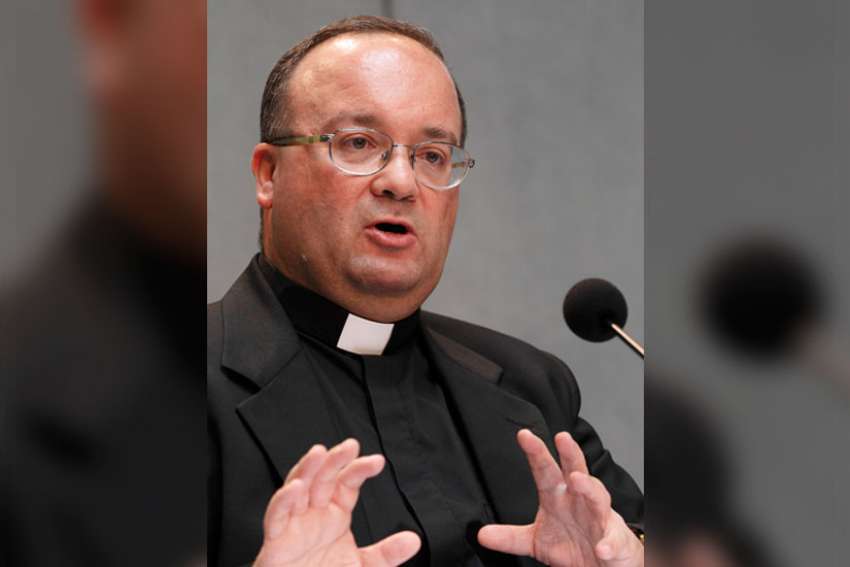With "an informed and enlightened conscience," a separated or divorced person living in a new relationship who is able "to acknowledge and believe that he or she is at peace with God," the bishops said, "cannot be precluded from participating in the sacraments of reconciliation and the Eucharist."
The Maltese criteria for the application of Chapter 8 of Amoris Laetitia, Pope Francis' apostolic exhortation on the family, was published Jan. 13 after being sent to all of the country's priests by Archbishop Charles Scicluna of Malta and Bishop Mario Grech of Gozo.
The language used in Amoris Laetitia, which was published last April, has led to much debate in the Church, with some complaining that it is not clear in its teaching and is open to much interpretation. Four cardinals have officially asked the Pope for clarification. Meanwhile, Gerhard Müller, prefect of the Congregation for the Doctrine of the Faith, has maintained Amoris Laetitia is very clear and the Church's position on divorced and re-married receiving Communion hasn't changed.
In their guidelines, the Maltese bishops urged their priests to recognize how "couples and families who find themselves in complex situations, especially those involving separated or divorced persons who have entered a new union" may have "'lost' their first marriage," but not their hope in Jesus.
"Some of these earnestly desire to live in harmony with God and with the church, so much so, that they are asking us what they can do in order to be able to celebrate the sacraments of reconciliation and the Eucharist," the bishops wrote.
The first step, they said, always must be to affirm church teaching that marriage is indissoluble. Then, the bishops said, the couple's specific situation should be examined to determine if their first union was a valid marriage. If not, they should be encourage to seek an annulment.
Without an annulment, the bishops said, couples living in a new relationship should be encouraged to abstain from sexual relations since the church does not consider their new union a marriage. Sometimes, however, the couple will find practicing the virtue of "conjugal continence" impossible.
Archbishop Scicluna and Bishop Grech urged priests to devote time to such couples, guiding them in a reflection on their first union, their contributions to its failure, the impact on their children and a host of other questions.
"This discernment acquires significant importance since, as the pope teaches, in some cases this help" from the church in growing in holiness "can include the help of the sacraments," the Malta document said.
"While exercising our ministry, we must be careful to avoid falling into extremes: into extreme rigor on the one hand and laxity on the other," the bishops wrote to their priests.


